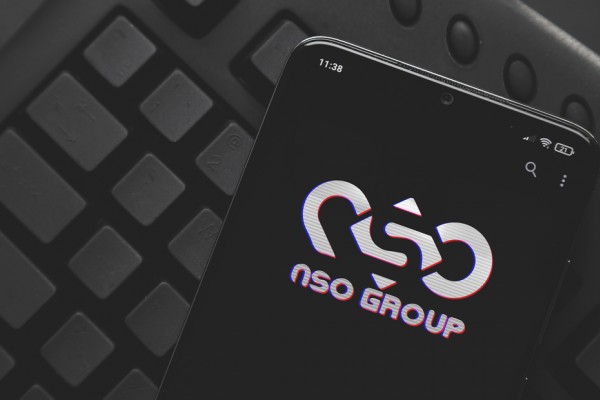Beyond the headlines about NSO Group's sinister Pegasus spyware, which is capable of remote zero-click surveillance of smartphones, lies the tale of how a small research laboratory was able to delve beneath the "surface of our global communications networks to uncover the ways that power is covertly exercised." For over 20 years, researchers at the Munk School of Global Affairs and Public Policy at the University of Toronto worked tirelessly to uncover what NSO was up to.
Despite the concerns over companies such as NSO Group, The Guardian reveals MI6 is not able to develop the tools it needs in-house and that it will be essential for the UK to access the global technology industry to develop the tools it requires to combat threats. In related news, Infosecurity Magazine reveals UK and Israel Pledge Greater Cooperation in Cybersecurity.

What is this page?
You are reading a summary article on the Privacy Newsfeed, a free resource for DPOs and other professionals with privacy or data protection responsibilities helping them stay informed of industry news all in one place. The information here is a brief snippet relating to a single piece of original content or several articles about a common topic or thread. The main contributor is listed in the top left-hand corner, just beneath the article title.
The Privacy Newsfeed monitors over 300 global publications, of which more than 5,750 summary articles have been posted to the online archive dating back to the beginning of 2020. A weekly roundup is available by email every Friday.
